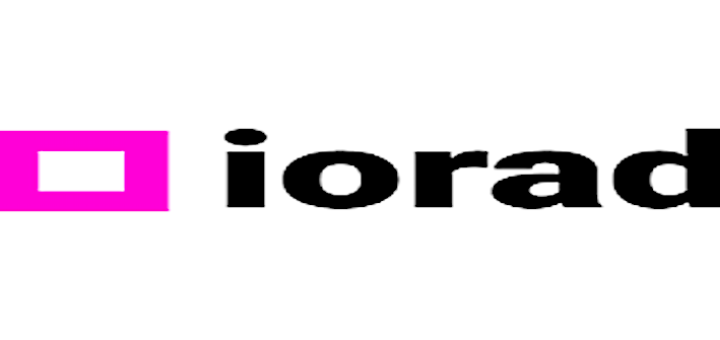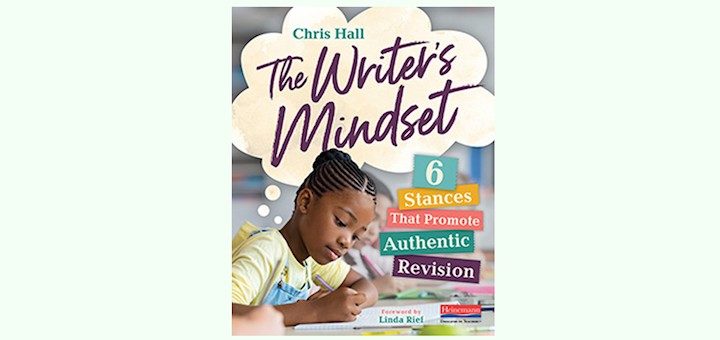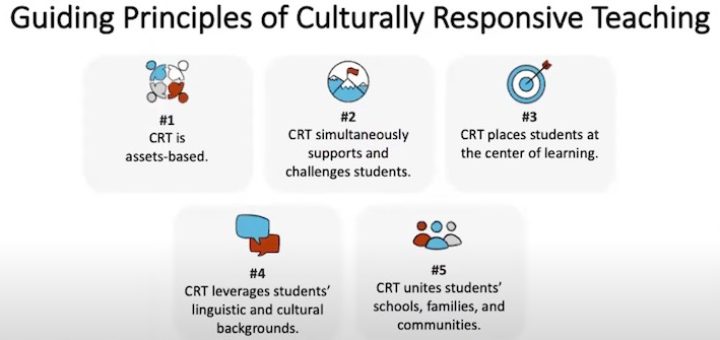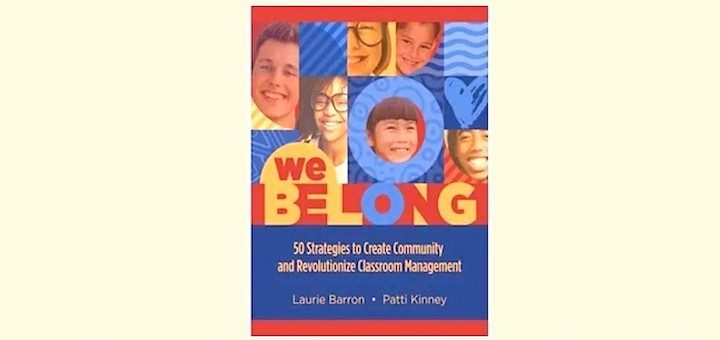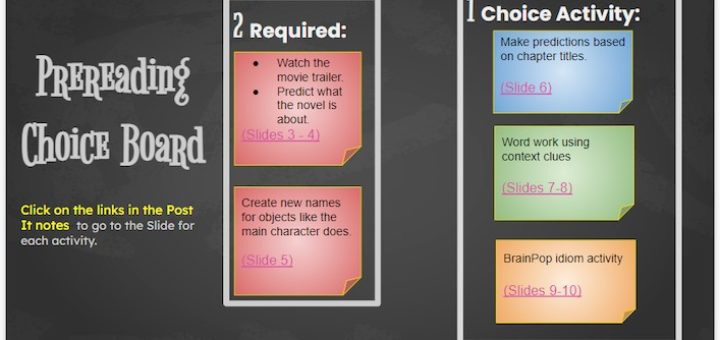Teaching and learning in grades 4-8
Geraldine Woods led independent study at her school for more than 25 years. She’s convinced some version will work in most subjects and for most middle school students if three basic principles are present: student choice, adult guidance, and students teaching students.
Middle grades teacher Kathleen Palmieri uses a time-saving digital tool to create quick and concise visual instructions. Show students how to share a document, use an add-on, find an online resource and much more. Kathie outlines the basics and recommends a good YouTube how-to video.
The many Aha! moments in Chris Hall’s The Writer’s Mindset will lead the reader to reexamine classroom practices – from reimagining revision to building student self-awareness and much more. Literacy consultant Anne Anderson appreciates the activities that pack the book.
Amid all the stress and organized chaos that comes with state testing, there can be bright moments that make everyone smile. AP DeAnna Miller shares how her school’s staff (and students) brightened their test season to encourage kids to do their best after a challenging year.
Belle O’Neill devoted three decades to classroom teaching before becoming a speaker and teacher educator. Her six principles of teacher professionalism are written with pre-service and novice teachers in mind and “may be used to build your reputation throughout your career.”
Culturally Responsive Teaching is not a fad. It’s not one more thing we have to do for multilinguals, writes Tan Huynh. It’s a way of designing instruction for ML/EL/ESL learners that’s grounded in the assets of students, their families, and their communities.
As educators seek to return to a safer and more predictable learning environment, Barron and Kinney’s We Belong can be a valuable easy-to-use classroom management resource for teachers wanting to connect with their students so they thrive both academically and emotionally.
What we do as educators to help our students better understand the reality of the Holocaust is crucial in a time of lies, half-truths and misinformation, writes media literacy expert Frank Baker. “It is my hope that the ideas, suggestions and resources offered here will be helpful.”
Shake things up in your differentiated classroom by offering students choice via Choice Boards, Unit Menus, and Tic-Tac-Toe boards. Sixth grade literacy teacher Kelly Owens shares the why and the how without teachers reinventing the wheel. Design considerations included!
The end of every school year is always frantic. Especially this year, plan year-end celebrations that reflect your school’s values and recognize everything the staff has done to assure a successful school year, recommend Ronald Williamson and Barbara R. Blackburn.


